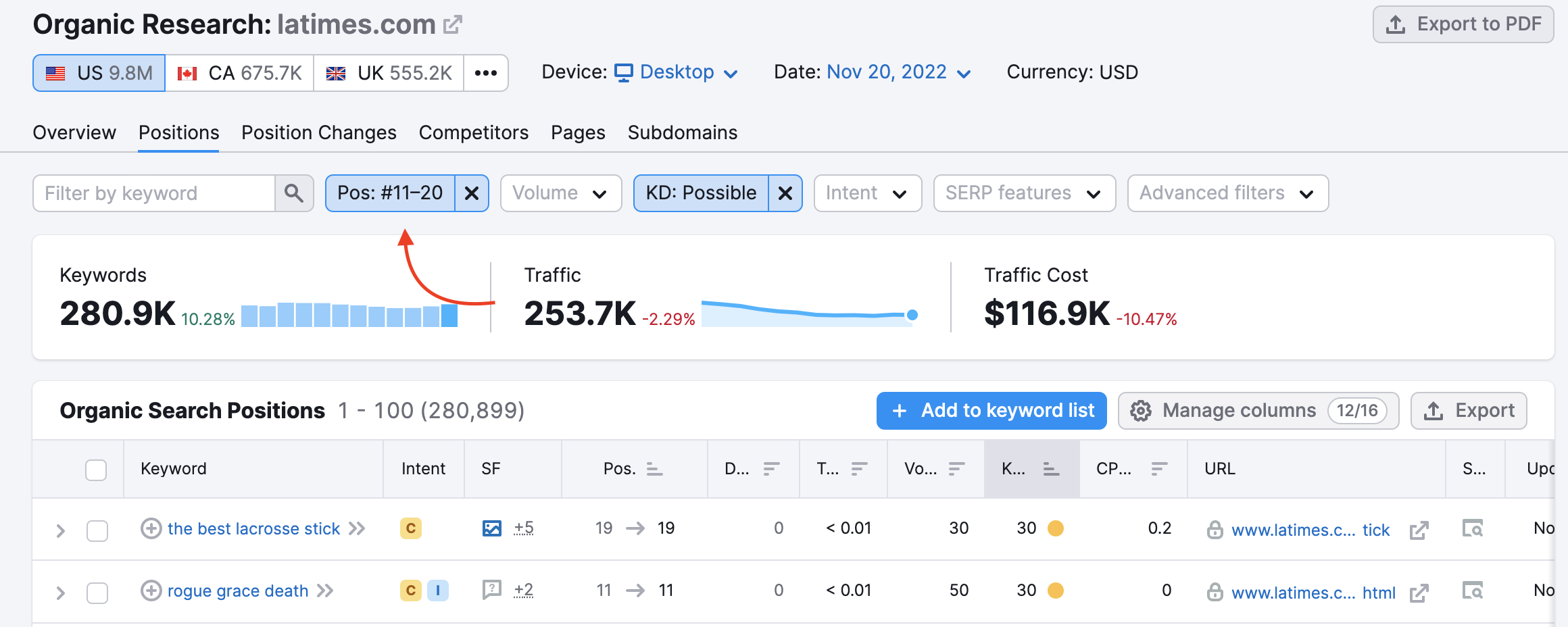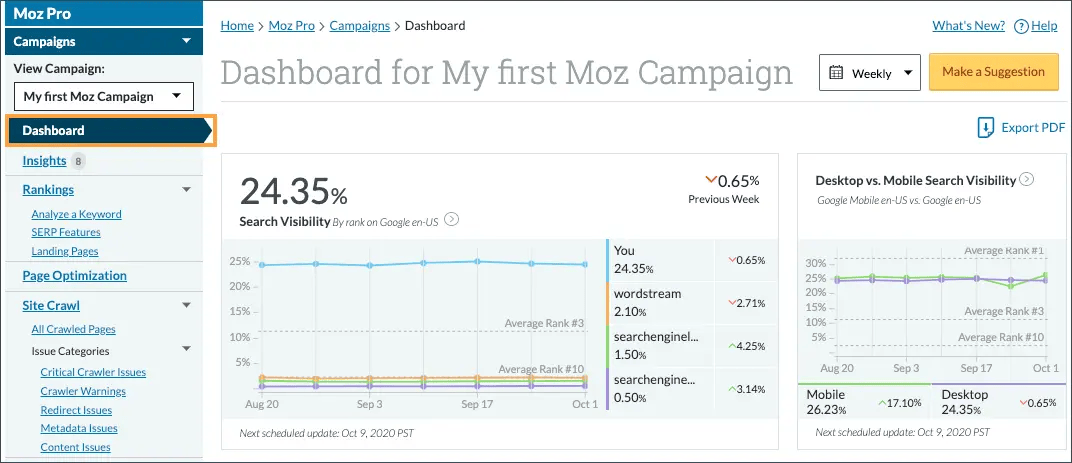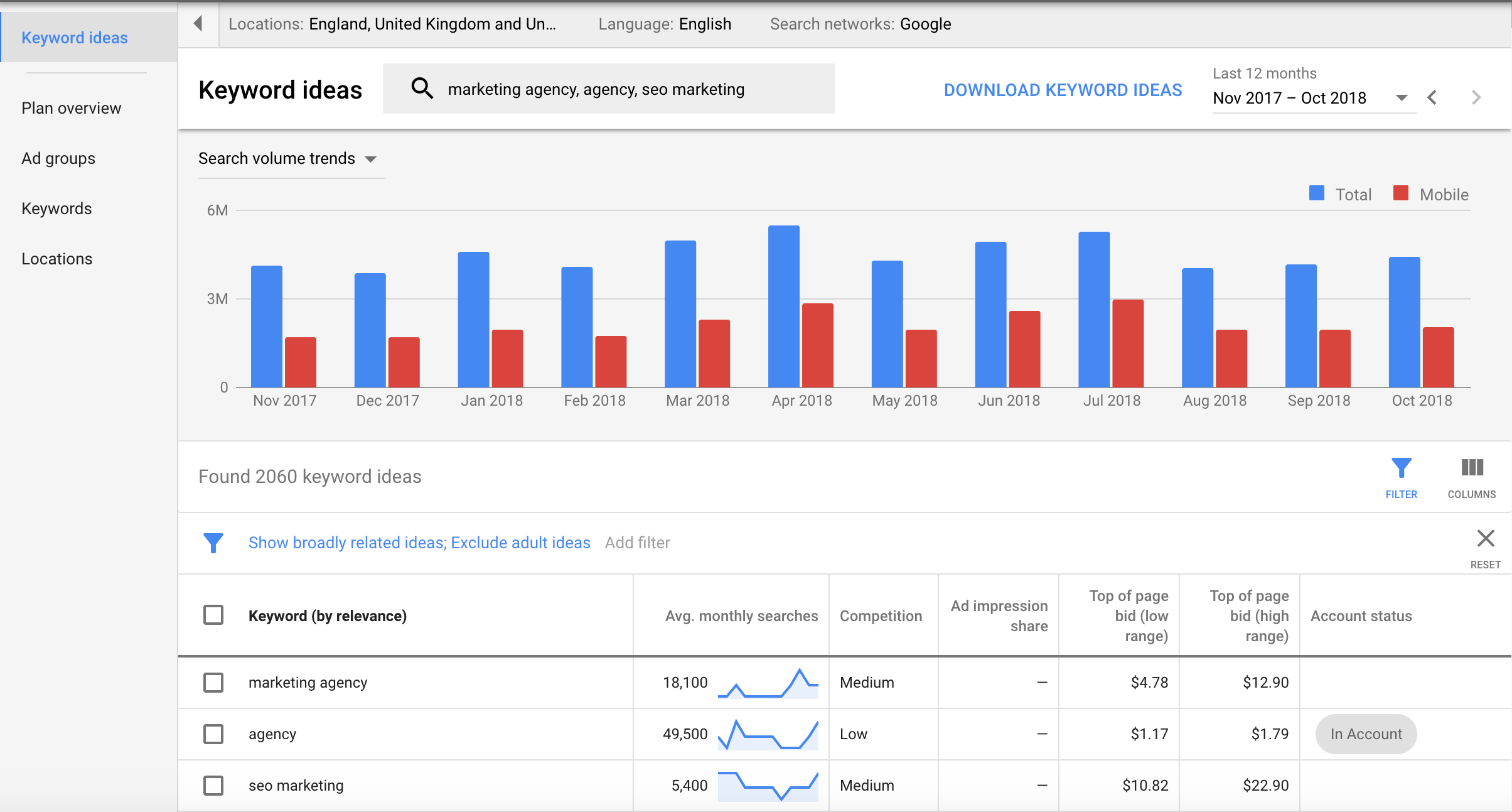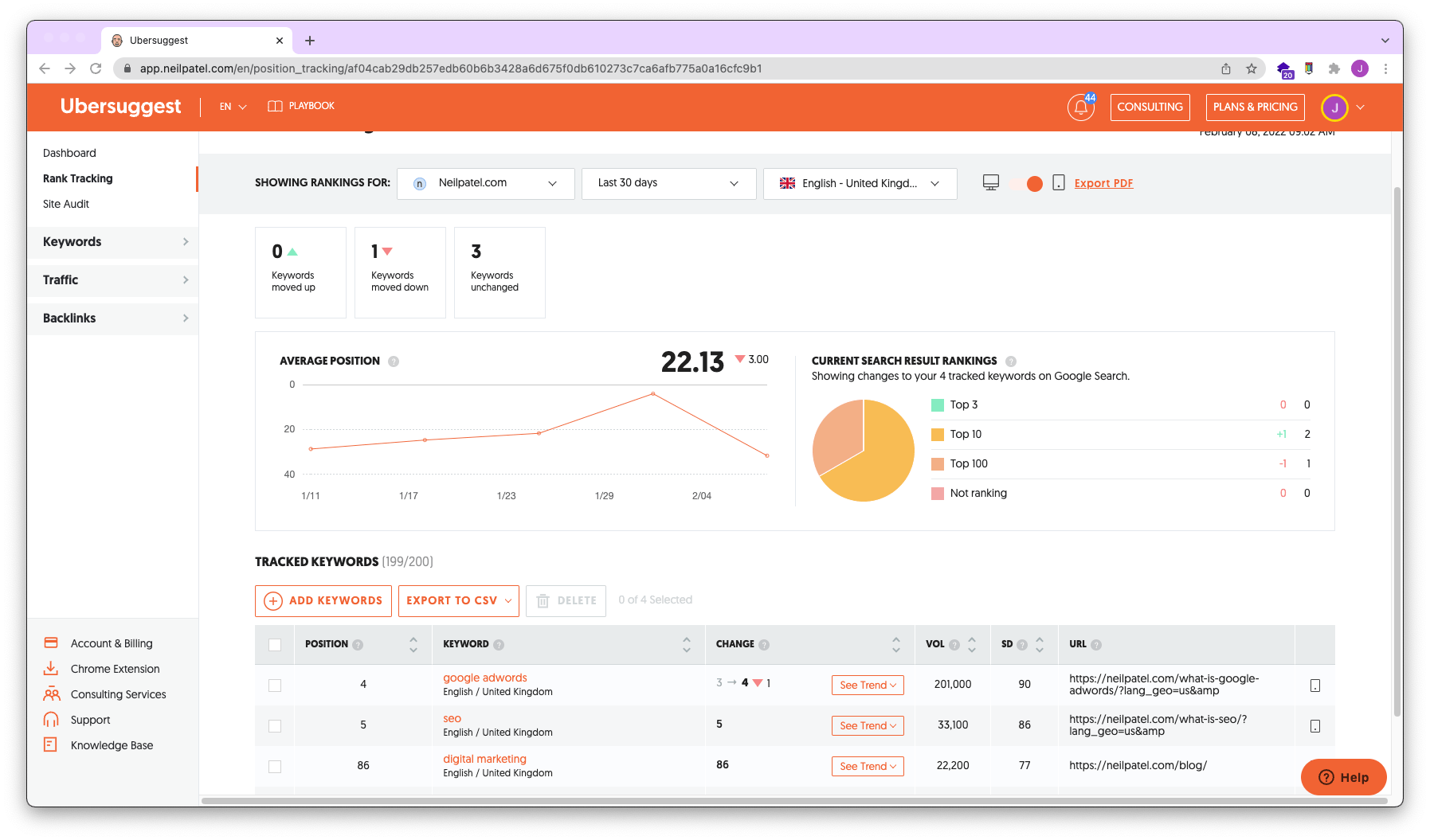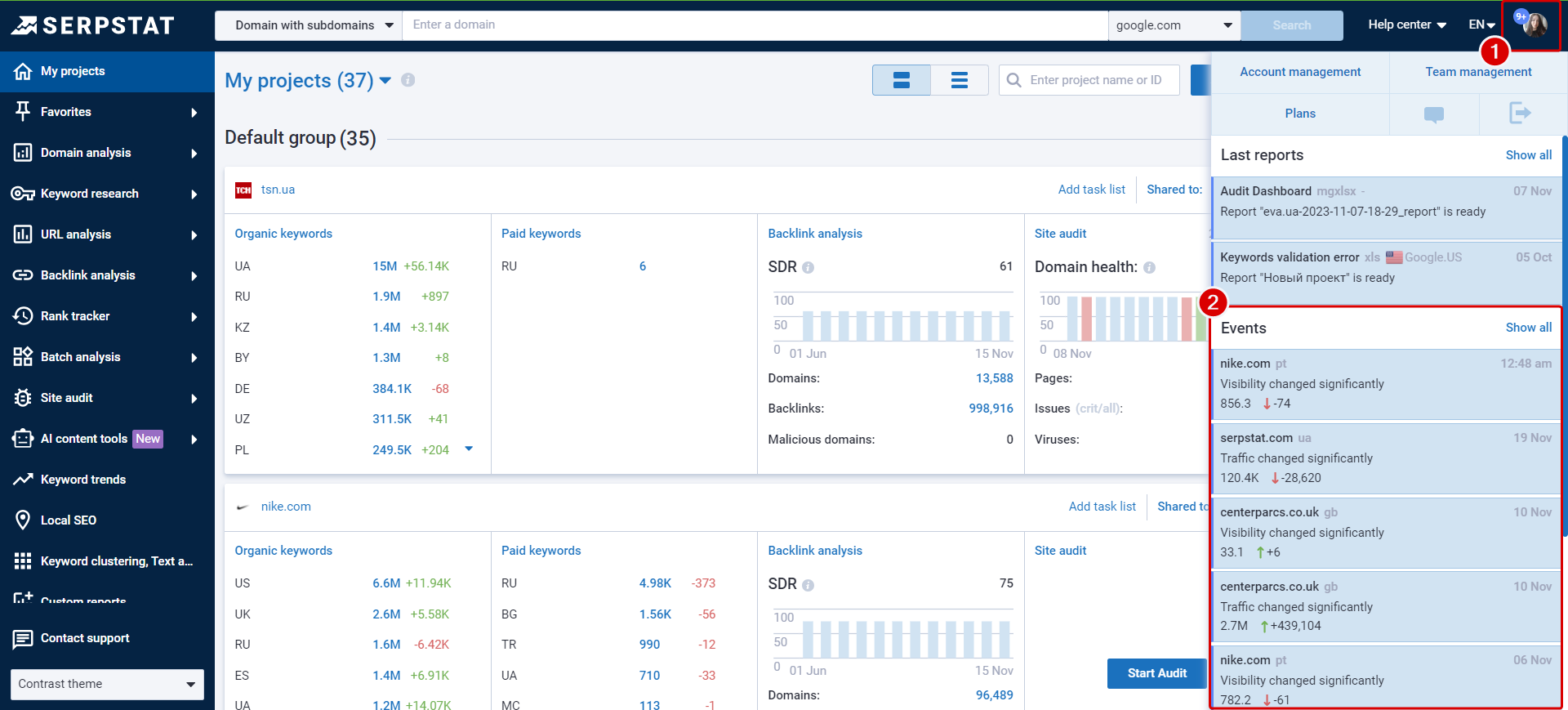Best keyword research tools for small businesses (free and paid)

Introduction
For small businesses, knowing what your target audience is searching for online is a game-changer. Choosing the right keyword research tool can help you discover high-potential keywords that might be less competitive. This gives small businesses a fighting chance against big players.
This article will walk you through some of the best keyword research tools out there, both free and paid. We’ll explore key features, pros and cons, and what makes each one unique, so you can make a smart choice. Let’s dive in!
Why Bother With Keyword Research Tools?
Think of it this way: would you write a blog on “how to change the ringtone of a Nokia 3310” if you knew nobody was searching for it? Without a keyword research tool, you risk creating content that no one is searching for. Using a keyword research tool can help you find keywords that have the potential to drive organic traffic to your website.
These tools reveal popular search terms and long-tail keywords. Long-tail keywords are longer, more specific phrases like “best vacuum cleaner for pet hair Dyson or Shark” that are often less competitive and closely match what users are looking for.
Searchers coming from long-tail keywords usually know exactly what they want and are in “buying mode”, making this feature especially valuable.
Here are some more reasons why keyword research tools are valuable:
- Spy on the Competition: Take a peek at your competitors’ strategies. See what keywords they’re ranking for and find opportunities to outrank them.
- Stay Ahead of the Curve: Keep up with search trends. Identify emerging topics and user interests to stay ahead of the game.
- Boost Your Search Engine Ranking: Use keywords effectively to improve your website’s ranking on SERPs and attract more organic traffic.
- Understand Search Intent: Figure out why people are searching for certain terms so that you can create content that truly matches their needs.
What to Look for in a Keyword Research Tool
When choosing a keyword research tool, accuracy is everything. You need a tool that provides reliable data on search volume, keyword difficulty, and other important metrics. This ensures you’re making informed decisions.
But it’s not just about accurate data, it’s about having a complete set of features. Look for tools that offer a wide range of functionalities, like keyword suggestions, competitor analysis, SERP analysis, and trend tracking.
A good tool should be easy to use, with a simple and intuitive interface. Even if you’re not an SEO expert, you should be able to navigate it easily. You’ll want to find the right balance between cost and functionality. Evaluate both free and paid options to find the best tool that fits your budget.
Here’s a more detailed breakdown of what to consider:
- Data Sources: Where does the tool get its data? Google? Other search engines? Proprietary databases? Make sure the source aligns with your target market.
- Keyword Suggestions: The tool should generate a wide range of suggestions, including broad keywords, long-tail keywords, and related terms.
- Competitor Analysis: Can you analyze your competitors’ keyword strategies and find ways to outperform them? This is crucial for growth.
- Integrations: Does the tool integrate with other tools you use, like Google Analytics or your content management system? This can streamline your workflow.
- Customer Support: Good customer support, tutorials, and resources are essential when learning a new platform.
- AI Capabilities: Modern keyword tools often come with built-in AI to help with keyword research and even content generation.
Top 10 Keyword Research Tools
1. AmpWord
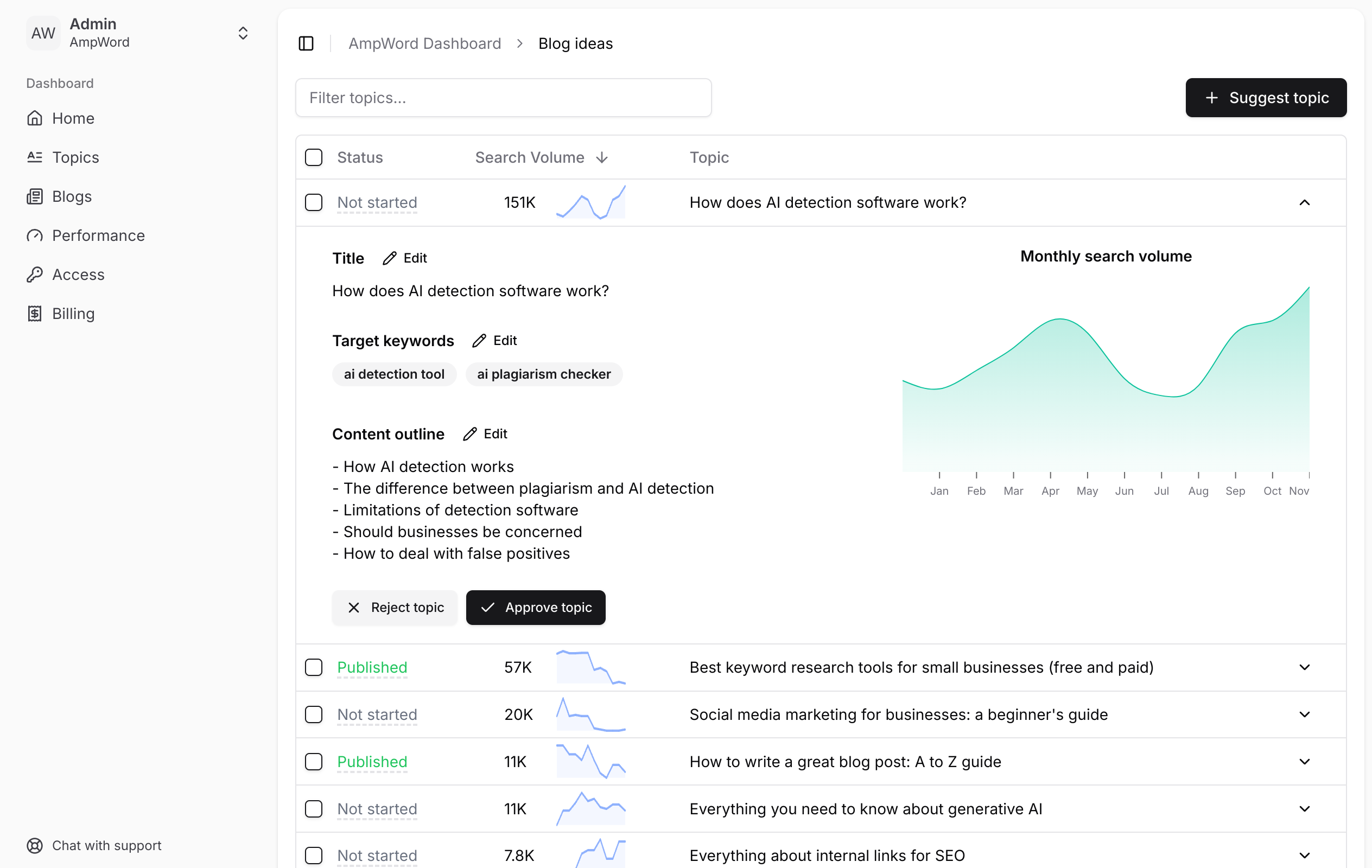
AmpWord is a bit different from the other tools on this list.
AmpWord isn’t just a keyword research tool, it’s a complete AI-powered platform that streamlines your content creation. It helps you find relevant blog ideas and generates well-researched, SEO-friendly blog posts in minutes.
AmpWord offers a self-serve option for business owners who want to create blogs themselves. You can also hire expert blog writers who use the same platform, with added human oversight for quality. AmpWord handles internal and external linking and adds images to make each blog as SEO-friendly and useful as possible.
If you run a small business and lack the resources or time to hire a full-time content writer, consider using our platform to get the benefits at a fraction of the costs. Try it out with two free blogs.
2. Semrush
Semrush is a comprehensive SEO toolkit known for its powerful keyword research, competitor analysis, and site audit capabilities. Its Keyword Magic Tool is great for generating a massive list of keywords from a single seed term.
Semrush’s accuracy for keyword research is also highly rated. However, the sheer volume of features might be overwhelming for beginners, and its pricing could be a barrier for businesses on a tight budget.
3. Ahrefs
Ahrefs is known for its excellent backlink analysis. Its robust Keyword Explorer provides metrics like search volume, keyword difficulty, and potential traffic. This gives you deep insights into keyword performance.
Ahrefs’ backlink data and keyword analysis are highly valued by users. However, its steep price and potentially challenging learning curve make it less accessible for smaller businesses.
4. Moz Keyword Explorer
Moz offers a user-friendly interface with valuable metrics. These include keyword difficulty, organic click-through rate, and a priority score to help you prioritize your keyword targeting.
While user-friendly, Moz’s free version limits monthly searches. Paid options can be expensive for small business owners.
5. Google Keyword Planner
This free tool from Google provides reliable search volume data and keyword suggestions. It’s primarily designed for paid advertising campaigns.
Its keyword research features for organic SEO are somewhat limited. Search volume data is shown in ranges, not exact numbers. Many new users still find this platform to be a helpful starting point.
6. Ubersuggest
Ubersuggest offers an intuitive platform that provides keyword suggestions, search volume, SEO difficulty, and content ideas. Its free version provides valuable data but limits searches and keyword ideas.
Despite these limitations, many new users find Ubersuggest helpful to kickstart their keyword research.
7. AnswerThePublic
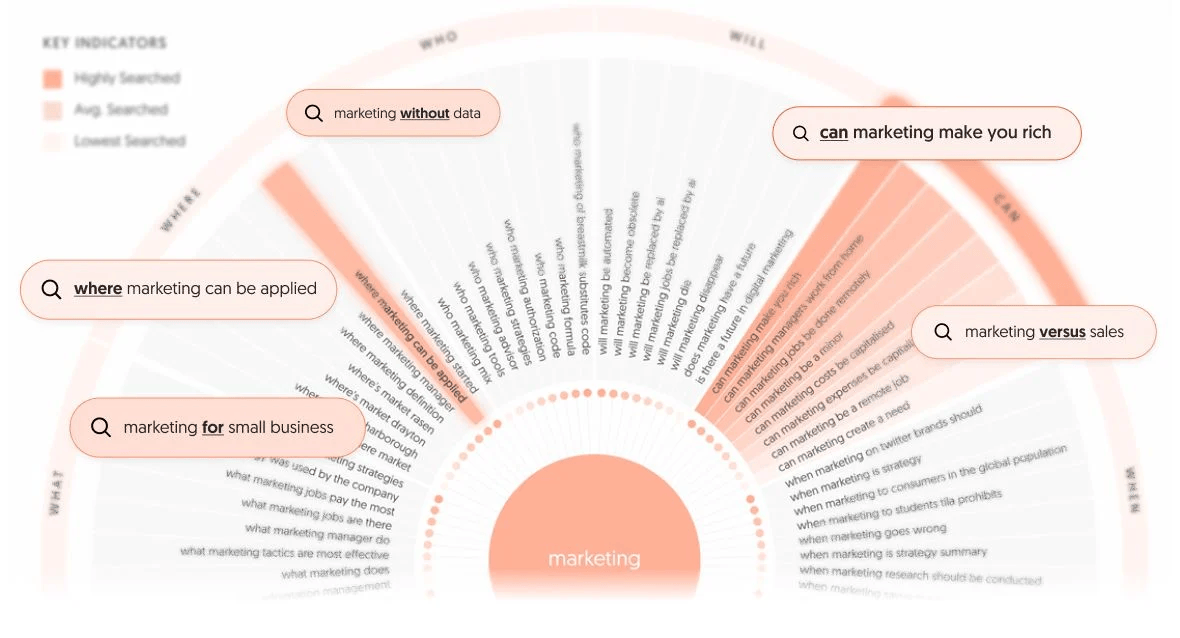
This tool excels at generating question-based keywords, revealing user intent and providing new content angles. It visualizes data in an easy-to-understand format.
While useful for brainstorming, AnswerThePublic lacks standard metrics like search volume. It also limits the number of free searches per day.
8. KeywordTool.io
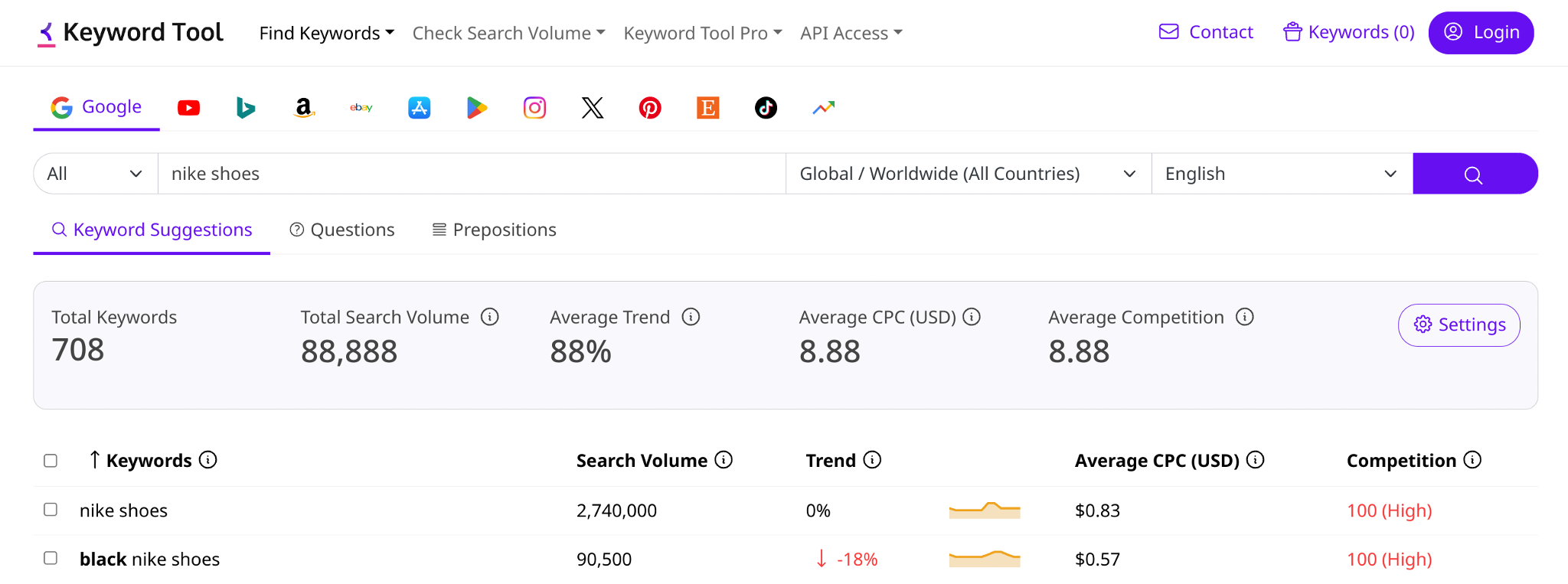
KeywordTool.io uses Google Autocomplete data (and other platforms) to generate long-tail keyword suggestions. This is helpful for new businesses seeking relevant ideas.
While it supports several platforms, its free plan doesn’t offer search volume data. Premium plans can be relatively expensive.
9. Google Trends

This free tool shows you the popularity of search terms over time, helping you spot emerging trends. It’s great for planning timely content but lacks details like exact search volume and keyword difficulty.
10. Serpstat
Serpstat is a multi-faceted SEO platform that provides keyword research for SEO and PPC, rank tracking, and site audit capabilities. It also offers a free trial plan.
While its features make it a worthy contender, some users find its interface less intuitive.
Here’s all the services as a convenient table. Services that have a free plan are marked with an asterisk.
| Focus | Unique Features | Limitations | |
|---|---|---|---|
| AmpWord | AI Content Creation | AI Blog Generation, Expert Writers | Lacks competitor research |
| Google Keyword Planner* | Paid Advertising, Basic SEO | Reliable Search Volume Data (Ranges) | Limited Organic SEO Features, Range Data |
| Google Trends* | Search Term Popularity Trends | Trend Spotting | Lacks Search Volume & Keyword Difficulty |
| Semrush* | Comprehensive SEO | Keyword Magic Tool | Price, Complexity |
| Ubersuggest* | Intuitive, Keyword & Content Ideas | SEO Difficulty Score | Limited Searches & Ideas on Free Plan |
| Serpstat* | SEO, PPC, Rank Tracking, Site Audit | Site Audit Capabilities | User Interface (According to Some Users) |
| Moz Keyword Explorer* | User-Friendly, Prioritization Metrics | Priority Score, Organic CTR | Limited Free Searches, Price |
| Ahrefs | Backlink & Keyword Analysis | Strong Backlink Analysis | Price, Learning Curve |
| AnswerThePublic | Question-Based Keywords | Visual Data Representation | Lacks Search Volume, Limited Free Use |
| KeywordTool.io | Long-Tail Keyword Suggestions | Uses Google Autocomplete (and others) | No Search Volume on Free Plan, Price |
Conclusion
Choosing the right keyword research tool is the first step in improving your business online presence and attracting more organic traffic. The right tool helps you understand what customers are searching for so you can create content that delivers real results.
Free tools offer basic keyword data and suggestions, but they often lack the depth needed for serious use. If you run a small business and lack the resources to hire an SEO expert, consider using AmpWord’s self-serve tool to automatically research blog ideas for your business. Our AI-powered tool can also write well-researched blog posts complete with rich images and linking.
No matter which tool you end up choosing, knowing your options can help you propel your small business forward and achieve lasting success online.
